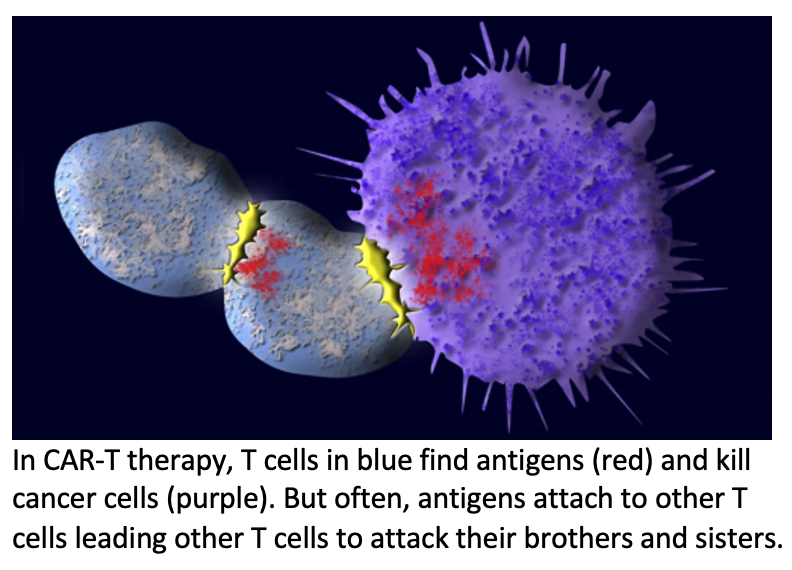CAR-T Therapy Not Cost Effective for Diffuse Large B-Cell Lymphoma
 A cost-effectiveness analysis published in Annals of Internal Medicine reports chimeric antigen receptor T-cell therapy (CAR-T) has been proven effective as a second-line treatment for patients with relapsed diffuse large B-cell lymphoma (DLBCL), but the price must be lowered substantially to be considered cost-effective.
A cost-effectiveness analysis published in Annals of Internal Medicine reports chimeric antigen receptor T-cell therapy (CAR-T) has been proven effective as a second-line treatment for patients with relapsed diffuse large B-cell lymphoma (DLBCL), but the price must be lowered substantially to be considered cost-effective.
Compared with salvage chemoimmunotherapy with autologous stem cell transplantation (ASCT), the current standard of care for primary-refractory and early-relapsed (high-risk) DLBCL, CAR-T offers superior event-free survival and overall survival. However, at list prices exceeding $400,000 per infusion, cost-effectiveness could be an issue.
Researchers from Dana-Farber Cancer Institute utilized data from several trials including ZUMA-7 and TRANSFORM to determine the cost-effectiveness of second-line CAR-T versus salvage chemoimmunotherapy with ASCT. They found that neither second-line CAR-T treatment with axi-cel nor liso-cel was cost-effective at a willingness-to-pay threshold of $200,000 per quality-adjusted life-year (QALY). Both survival and quality of life improved incrementally, but the data shows that costs of CAR-T must be lowered substantially to enable cost-effectiveness. The authors found that the price of CAR-T would have to be reduced by over $100,000 per patient for it to be cost-effective. Their budget impact analysis found that the US health sector would spend an additional $6.8 billion over 5 years with CAR-T as the new standard of care.
According to the authors, these findings may be relevant to clinic and hospital administrators negotiating reimbursements, pharmaceutical companies balancing costs and profits, private and public insurers navigating negotiations, and policymakers seeking to rein in rising drug prices. The QALY data may also guide clinician–patient treatment discussions.